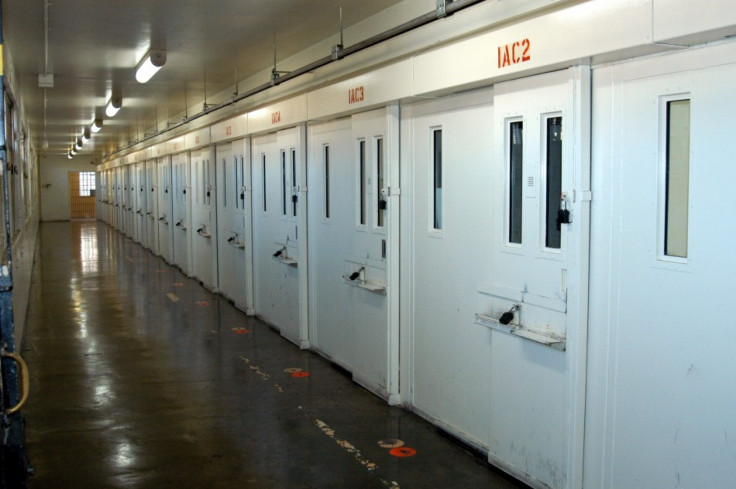Tennessee Reintroduces Electric Chair In Wake Of Lethal Injection Controversy

Tennessee Gov. Bill Haslam has signed a bill that will allow the state to execute death row inmates by electric shock if lethal-injection drugs are unavailable, according to the Associated Press.
The decision comes after a “botched execution” with untested drugs in Oklahoma left Clayton Lockett gasping for air and convulsing on his gurney. He was taken to a hospital and died of a heart attack 43 minutes after being administered the drugs that were meant to kill him.
The legislation to reintroduce the electric chair passed handily in both the Tennessee Senate and House of Representatives in April -- 23-3 and 68-13, respectively.
State Sen. Ken Yager, a Republican who sponsored the bill, said he worried the state wouldn’t be able to execute its death row inmates if it ran out of lethal injection drugs.
According to a Vanderbilt University poll, 56 percent of Tennesseans support the electric chair for executions. Any Tennessee death row inmate who committed their crimes before January 1, 1999, can choose between lethal injection and the electric chair, but electrocution is not available for inmates who committed their crime after that date. The last execution by electrocution took place in 2007.
There are currently 74 inmates on Death Row in Tennessee. The state has executed six inmates since 1960, the last in 2009. The state has had trouble getting lethal injection drugs in recent years.
An NBC poll of 800 Americans nationwide found that one in three say state executions should stop if there aren’t the proper lethal injection drugs available. A smaller majority favor largely phased-out methods of executions.
According to NBC, “20 percent [are] for the gas chamber, 18 percent for the electric chair, 12 percent for firing squad and 8 percent for hanging.”
One advocate for hanging argued it can actually be more humane than lethal injections because “there are fewer things that can go wrong.”
The United State Supreme Court issued a stay of execution on Wednesday night for Russell Bucklew, who was slated for execution by lethal injection in Missouri. Bucklew has a vascular condition that gave him and his lawyers reason to fear his execution would end up much like Lockett’s or worse.
Here are some figures on Tennesee’s death row.
© Copyright IBTimes 2025. All rights reserved.






















